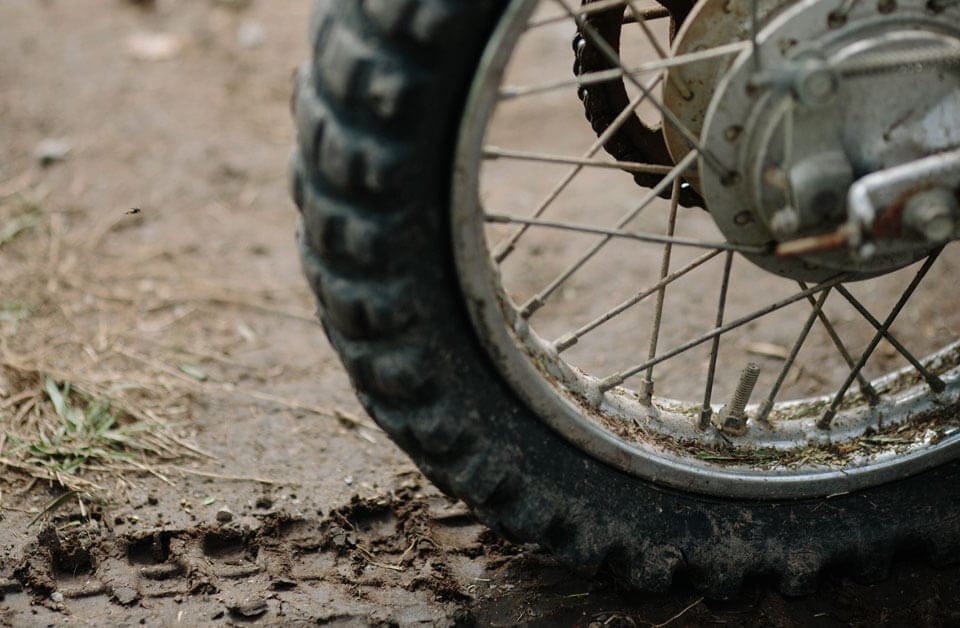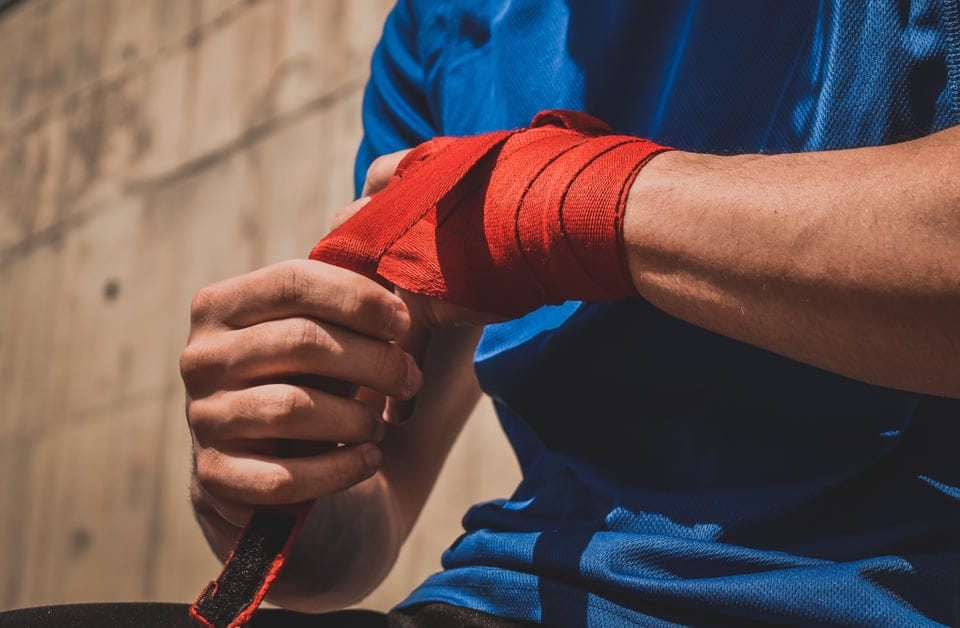You’re more than a “fitness buff.”
Your sport, your fitness is a major part of your lifestyle. It is who you are so when something happens that sidelines you, such as an injury, it can have as much of an impact on you psychologically as it does physically. Many people will see a doctor when they get hurt, but few will acknowledge – or even recognize – the there is a mental side to a physical injury.
And it can impact your recovery significantly.
Depression is very common among athletes or people whose lifestyle has fitness as a large component when they are sidelined due to an injury. So, when you are taking care of your body and working hard on your recovery, don’t forget to take care of your mind as well. The psychological side of an injury is just as important.
Here’s how to get your mind and body in sync and back on track.
Face the hard truths.
Some injuries are minor, some are significant. Some will keep you down for a few days while others could keep you down for months. And sometimes the outcome of an injury may not be what you want. Whatever the case, it is important to be realistic, to face the hard truths, to fully take in the gravity of the situation.
If you have a serious injury like a fracture or tendon rupture, you aren’t going to just walk it off. You won’t be back in the game for a while and you have to be OK with giving your body time to heal. When you adjust your way of thinking from pushing yourself to taking care of yourself you will find that your body and mind respond in ways that up your game.
Train to recover.
When you are injured you may feel resentful or depressed because an important part of your identity has been stifled. You may be at a loss for what to do or how to move forward. If an injury has taken you out of the game, you need to find a new game.
Look at recovery as a goal to train for. Turning it into something positive (training to recover) keeps you from dwelling on the negative (an injury that sidelined you). Work with your trainer, physical therapist, or chiropractor to create goals and develop a plan that puts at least a portion of the responsibility squarely on your shoulders. For instance, if you are working with a physical therapist three days a week, include homework in your plan so you are doing something on the days that you don’t go to PT.
Set (realistic) goals.
Goals are important. They drive you to succeed and they help you measure your progress. As part of your recovery from an injury, they are essential, especially for your mental health. Set goals for your physical progress, but also set some for your psychological health.
Maybe set a goal to learn mental imagery, relaxation training, or meditation. These skills can help you get through the recovery period for your injury but can also help you move forward and make you a better athlete.
Goals give you something to look forward to. They give you something to work for and when you reach a goal you feel accomplished. That provides great motivation to keep going.
Respect the pain and let it guide you.
Pain is not an annoyance; it is a warning. When you have pain in your body it is your body telling you that something is not right. It is something you should pay attention to, especially when you are recovering from an injury.
The flip side of this is that it’s easy to fall into a mindset of fear and anxiety. You may be afraid that you won’t heal, or your injury won’t heal correctly. You might be afraid of getting hurt again. Pain can exacerbate all of those feelings, making you feel out of control. You may even feel that if you pay attention to it or get it checked out, you are weak or soft.
The truth is, if you train hard, you are going to have some pain, but often it is difficult to tell what pain is OK and what pain is a signal to stop. Pain is a part of recovery from an injury, but you need to be clear on what is acceptable and what is not.
Talk to your doctor about any pain you are having so that they can be aware and investigate if necessary. Under-reporting pain can lead to sometimes serious injury. You can’t be too careful so don’t power through it.
Be optimistic and SEE yourself healthy!
Choosing to be optimistic and positive can be easier said than done, especially when you are grappling with anger and frustration from an injury. But a positive outlook can help your healing process. When your mental health is good your body will typically follow.
Depression, anger, frustration, and anxiety can cause you to experience more pain while being positive and optimistic can reduce your pain and increase healing. Have you ever heard that laughter is the best medicine? It’s true! Being happy and positive will help you tremendously.
But optimism, positivity, and happiness are a choice that only you can make.
At Sandstone Chiropractic we treat the whole person and understand that a physical injury often comes with emotional and psychological impacts. Our chiropractors will be invaluable partners in your recovery process.
Call today or schedule your appointment online and get on the road to recovery.




